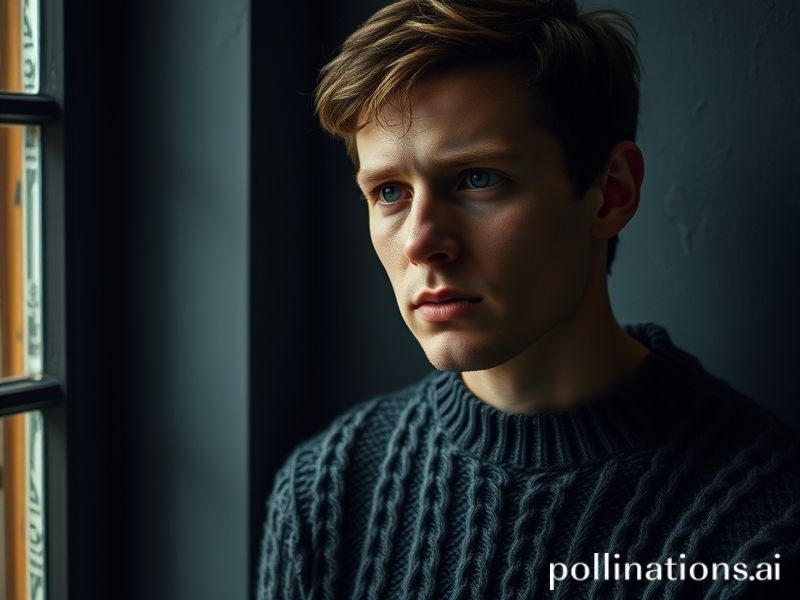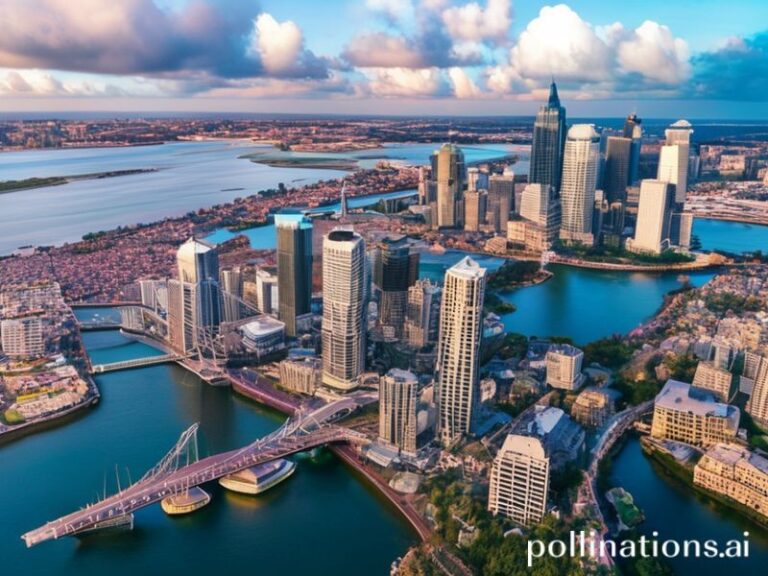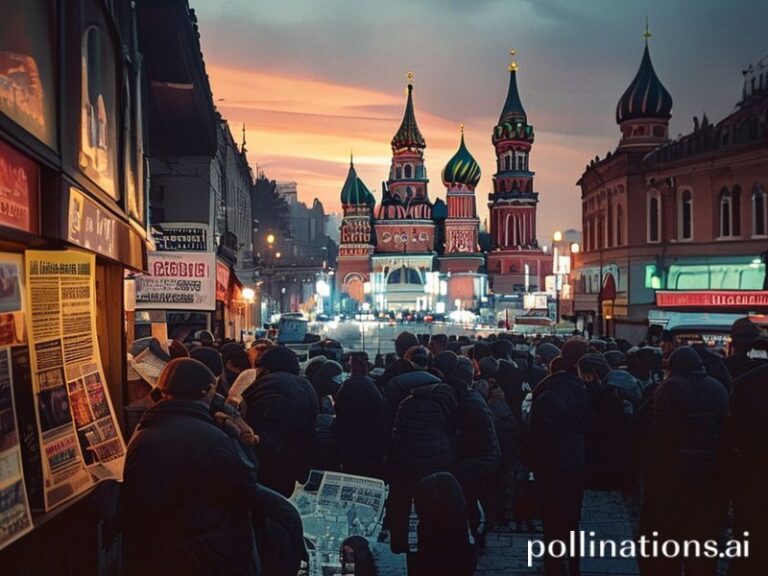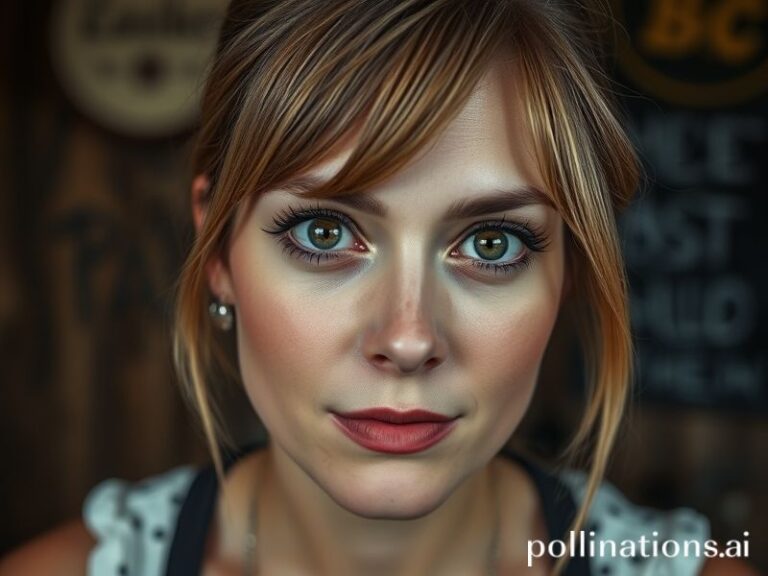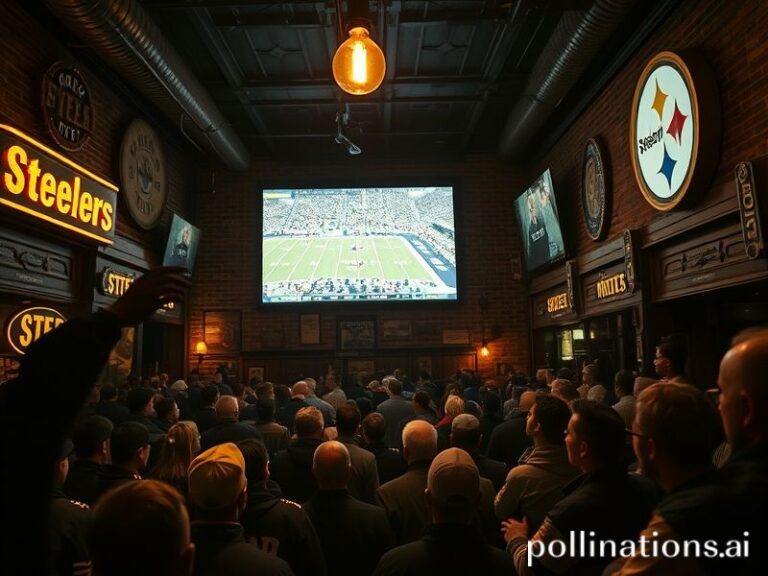Anthony Boyle: How a Belfast Redhead Became the Smirking Face of Global Streaming Soft Power
Anthony Boyle: The Belfast Ghost Who Haunts Every Screen on Earth
By Our Man in the Last Row of Economy Class
If you’ve flown long-haul recently and accidentally pressed “play” on the in-flight entertainment menu, you’ve met Anthony Boyle. There he is, a pale, red-haired specter in 4K, whispering Shakespearean menace in *Danny Boy*, then reappearing two channels later as a twitchy wizard in *Masters of the Air*, and again—because airlines recycle content like they recycle the complimentary pasta—smirking in *Tetris* as the man who tried to smuggle capitalism into communist Russia one pixel at a time. The effect is unsettling: the same face watching you from Lagos to Lima, reminding you that streaming algorithms now have frequent-flyer miles.
Boyle’s global ubiquity is a neat parable for our era. While nation-states argue about tariffs and TikTok bans, culture quietly slips across borders strapped to the back of a 28-year-old actor who grew up in the same Belfast streets once patrolled by paratroopers. The Troubles are now a backdrop on Disney+, monetized and color-graded for viewers who think “Ulster” is a craft gin. Boyle, born post-ceasefire, has weaponized that historical residue into a passport: he can play tortured Irish, sneering English, or ambiguously pan-European schemer, depending on which tax rebate the production is chasing.
The international significance? First, the accent economy. Hollywood’s casting directors have discovered that Northern Irish vowels carry just enough menace to suggest “complicated past” without requiring subtitles. Boyle sells that promise like a black-market trader. Second, the geopolitical placebo: when he pops up as a British officer in *Masters of the Air*, American audiences get the warm feeling that the special relationship is still alive, even as the actual RAF runs out of pilots and spare parts. Entertainment as diplomatic poultice—apply nightly for relief from reality.
Meanwhile, the global workforce of underpaid VFX artists in Bangalore and Bucharest rotoscope his cheekbones so that Netflix can beam him into 190 countries, where subtitles render his Belfast slang into Korean honorifics and Brazilian Portuguese diminutives. Somewhere in Seoul, a teenager bingeing *Danny Boy* wonders why the Irish are always so sad; somewhere in São Paulo, another decides red hair is cool. Cultural imperialism never looked so… ginger.
Boyle’s career arc also tracks the world’s descent into franchise feudalism. After his Olivier-winning turn as Scorpius Malfoy in *Harry Potter and the Cursed Child*, he graduated from London’s West End to the Hollywood backlot, where intellectual property is the new gold standard. Note the irony: a boy from Belfast—city of barricades—now barricades himself behind NDAs for Warner Bros. Spoilers are protected more fiercely than some borders.
Yet Boyle remains cheerfully self-aware, a quality rarer than a working printer at COP summits. In interviews he jokes about being recognized “mainly by TSA agents who’ve seen me naked on their body-scanner training videos.” That’s the gallows humor of modern stardom: you’re intimate with millions you’ll never meet, yet anonymous to the guy patting you down for lithium batteries.
The broader moral? In a world where passports harden and supply chains snap, a freckled face from Belfast still floats above the barbed wire, courtesy of fiber-optic cable and residual checks. Anthony Boyle isn’t just an actor; he’s a low-orbit satellite of soft power, broadcasting the message that stories—like viruses—mutate faster than politics. The next time you’re jet-lagged in Dubai, scrolling past his latest thriller, remember: you’re not just killing time; you’re participating in the grand, slightly ridiculous experiment we call globalization. And if the cabin lights flicker, don’t worry. Somewhere, Anthony Boyle is probably on screen, holding the torch so we can all stumble to the next gate.
Sleep tight, world.

